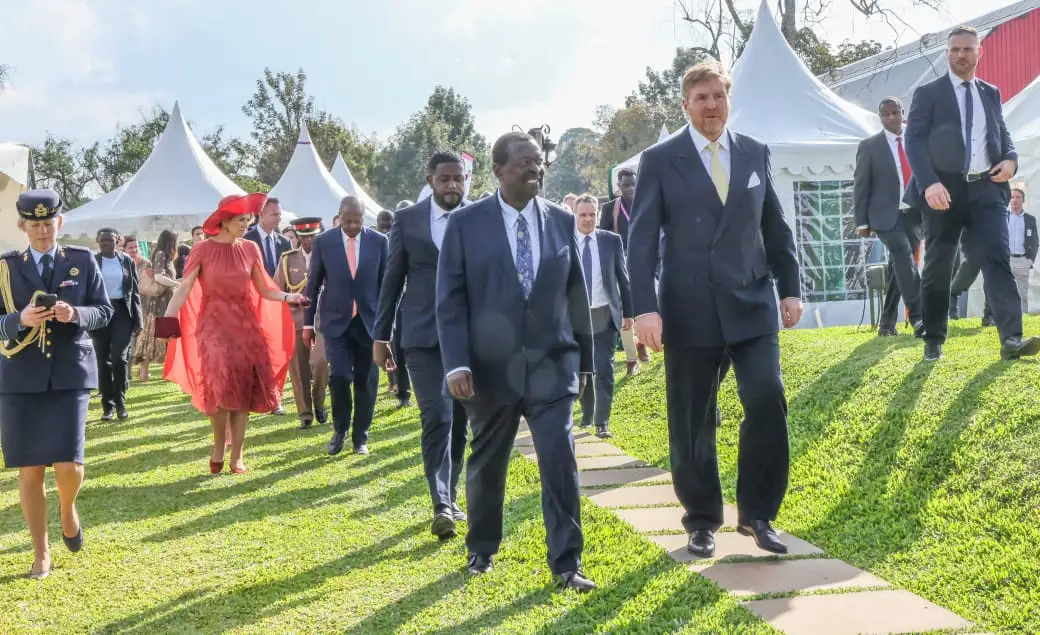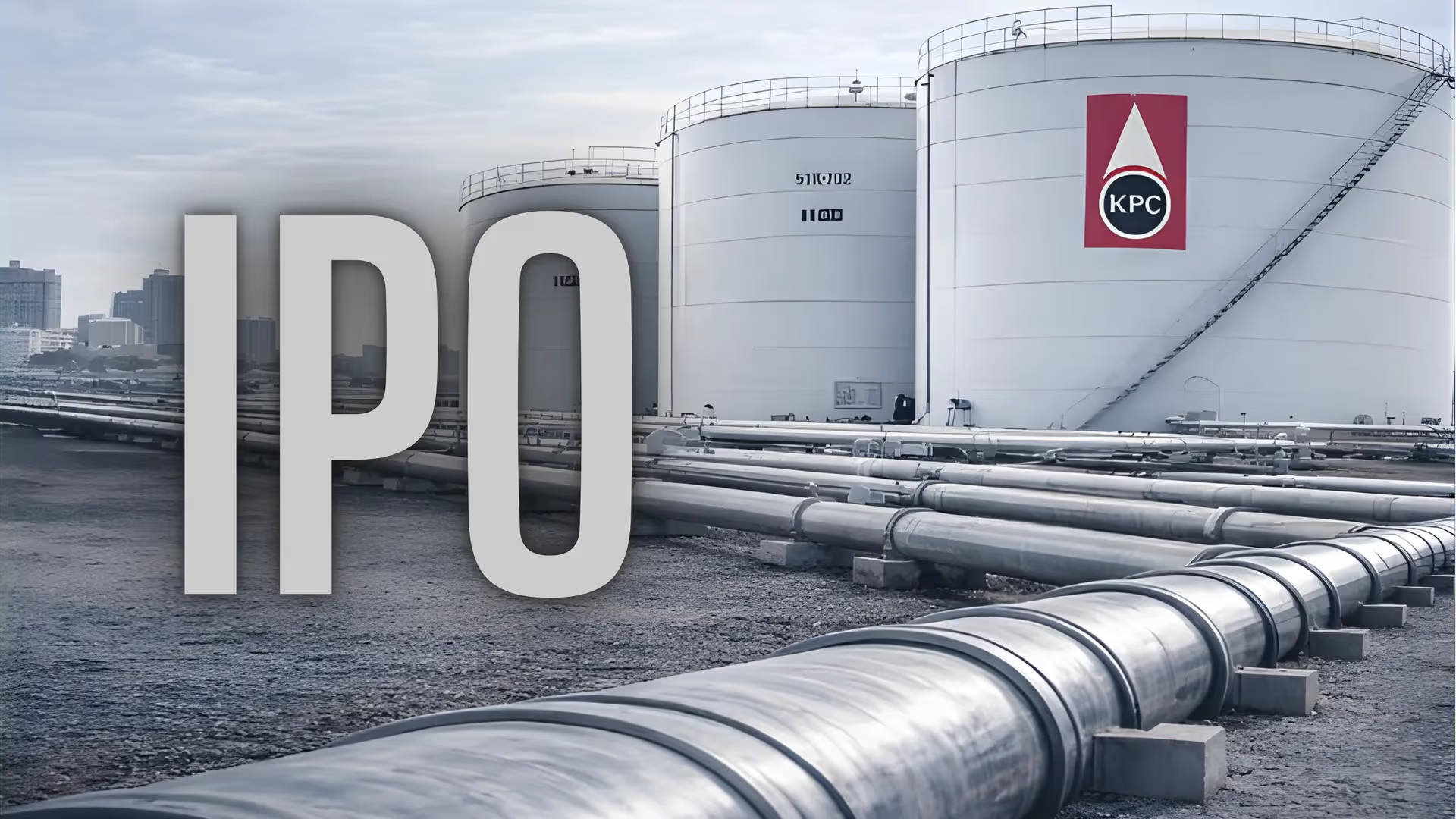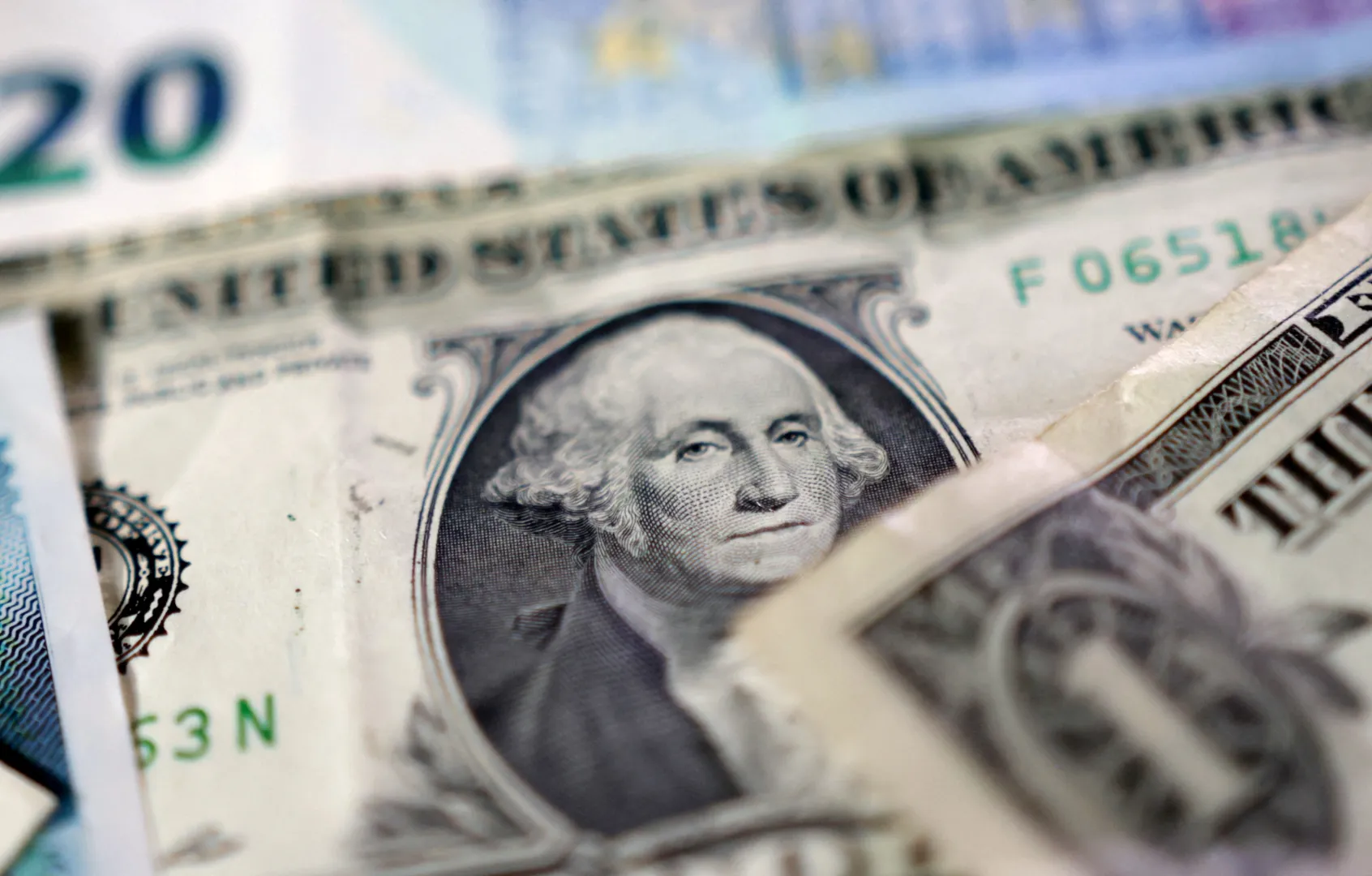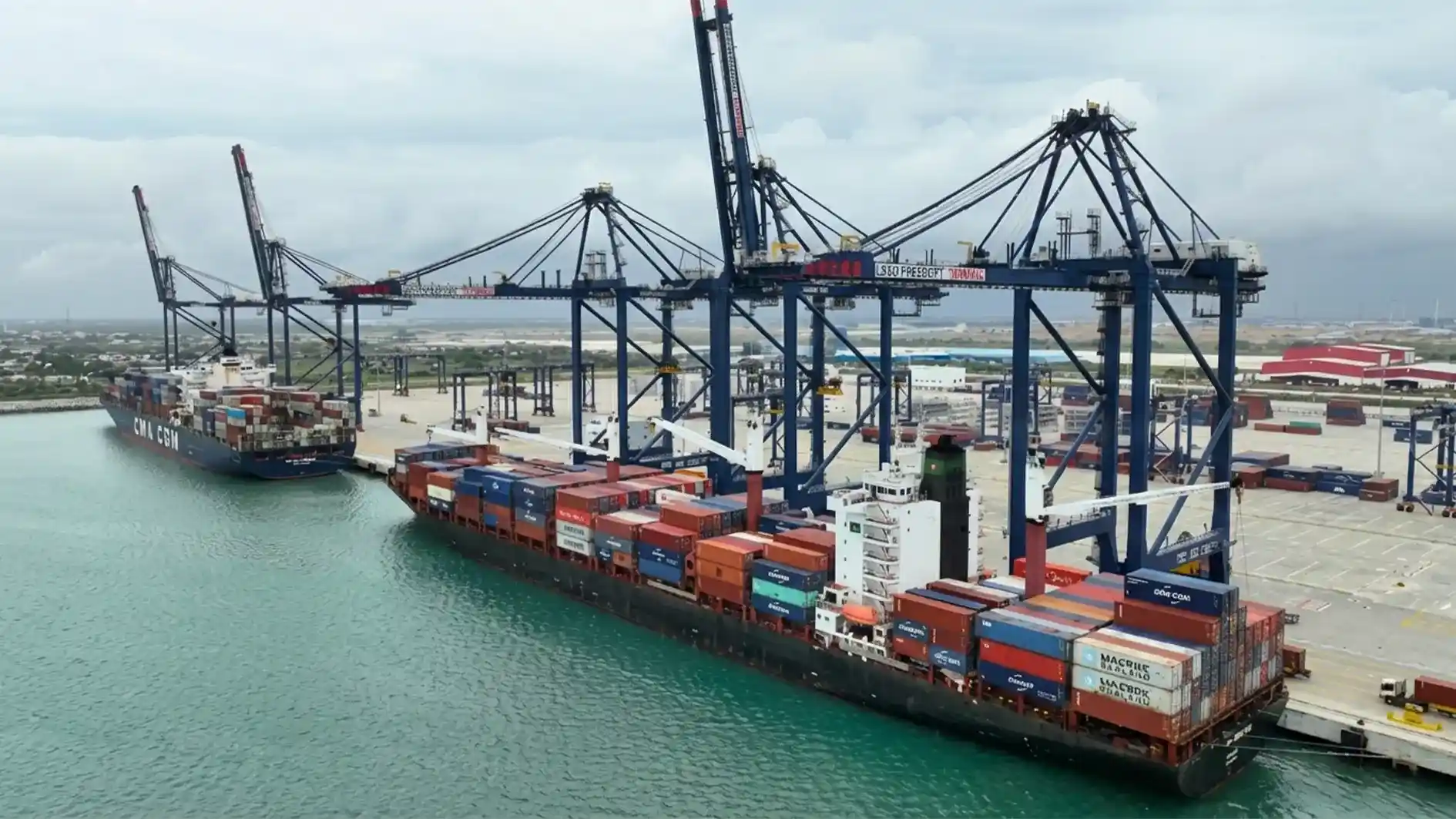In a landmark move aimed at driving innovation, economic growth, and sustainable development, Kenya has reaffirmed its commitment to deepening ties with Dutch investors across several key sectors, including sustainable mobility, agribusiness, renewable energy, and healthcare. At a high-level event held on March 19, 2025, at the Netherlands Business Hub, Kenya’s top officials, led by Foreign and Diaspora Affairs Cabinet Secretary Musalia Mudavadi, engaged in detailed discussions with Dutch dignitaries, including Their Majesties King Willem-Alexander and Queen Máxima of the Netherlands. The discussions underscored a shared vision for a dynamic business environment and strategic partnerships that are poised to transform sectors vital to Kenya’s economic future.
A New Chapter in Kenyan-Dutch Cooperation
The meeting, set against the backdrop of increasing global economic interdependence, marks another significant chapter in Kenya’s longstanding relationship with the Netherlands. Historically, the Netherlands has been a leading European trading partner for Kenya, especially in sectors like horticulture and agriculture, where Dutch expertise in innovative farming techniques and water management has long been admired. During the event, Cabinet Secretary Mudavadi emphasized that the discussions were centered on expanding strategic partnerships in horticulture, agriculture, and water management—areas where the Netherlands continues to provide state-of-the-art technological solutions and proven best practices.
“Our discussions focused on expanding strategic partnerships in horticulture, agriculture, and water management sectors where the Netherlands remains Kenya’s leading trading partner in Europe,” said Mudavadi. This reaffirmation of commitment is timely, as Kenya seeks to diversify its economy, stimulate job creation, and enhance its competitive edge in global markets.
Driving Innovation in Horticulture and Agribusiness
Agriculture remains the backbone of Kenya’s economy, employing a large segment of the population and contributing significantly to the nation’s GDP. With Dutch investment, Kenya is set to modernize its horticulture and agribusiness sectors through technology transfer and capacity building. Dutch companies are recognized globally for their innovations in greenhouse technology, precision irrigation, and sustainable farming practices. These innovations not only increase crop yields but also help in managing water resources more efficiently—a critical factor in regions prone to drought and climate variability.
The collaboration is expected to lead to the establishment of joint research initiatives, training programs, and innovation labs that will enable Kenyan farmers to adopt new techniques and technologies. This partnership could see the introduction of advanced greenhouse systems, which allow for year-round production of high-value crops, thereby stabilizing income for farmers and enhancing food security. Furthermore, sustainable agribusiness practices will likely increase Kenya’s exports of horticultural produce, boosting the nation’s trade balance and positioning it as a key supplier in regional and international markets.
Transforming Water Management for a Sustainable Future
Water is a precious resource in Kenya, and effective water management is essential for agricultural productivity, industrial development, and domestic consumption. Dutch expertise in water management is world-renowned, and the collaboration is set to bring transformative changes to how Kenya manages its water resources. The Dutch have a long history of engineering innovative solutions to water-related challenges, and their experience in flood control, efficient irrigation systems, and water recycling will be invaluable to Kenya.
At the Netherlands Business Hub event, discussions also focused on reinforcing institutional frameworks to support sustainable water management. By integrating Dutch technologies and methodologies, Kenya aims to improve water conservation practices, mitigate the effects of drought, and ensure a reliable water supply for both agriculture and urban centers. Such measures will not only secure Kenya’s water future but also create a model for other countries in sub-Saharan Africa facing similar challenges.
Advancing Sustainable Mobility and Renewable Energy
The commitment to sustainable mobility represents another pillar of the strategic cooperation between Kenya and Dutch investors. With urbanization on the rise, Kenya faces the dual challenge of managing increasing traffic congestion while reducing its carbon footprint. Dutch innovations in sustainable transportation—ranging from electric vehicles (EVs) to smart traffic management systems—offer viable solutions to these challenges. By leveraging Dutch expertise, Kenya plans to expand its EV infrastructure, improve public transport systems, and introduce smart urban mobility solutions that can reduce pollution and enhance the quality of urban life.
In tandem with sustainable mobility, renewable energy is a sector ripe for transformation through this bilateral partnership. Kenya has already made significant strides in harnessing renewable energy sources, particularly geothermal, wind, and solar power. However, with additional Dutch investment and technical know-how, the country can accelerate its renewable energy projects. Dutch firms, known for their innovative renewable energy solutions, are expected to bring advanced technologies that will enhance energy efficiency and reliability. These initiatives are vital for powering Kenya’s industries, reducing dependence on fossil fuels, and meeting ambitious national targets for carbon emissions reduction.
Enhancing Healthcare Through Technological Partnerships
Beyond the traditionally strong sectors of agriculture and water management, healthcare has emerged as a critical area for investment and innovation. Kenya’s healthcare system, like many in developing economies, faces challenges ranging from limited infrastructure to access disparities between urban and rural areas. Dutch investments, known for their robust healthcare technologies and systems, are poised to make a significant impact. Collaboration in this sector could involve the establishment of digital health platforms, telemedicine services, and state-of-the-art diagnostic centers.
The incorporation of advanced digital tools in healthcare is expected to improve patient outcomes by enabling timely diagnosis, efficient resource allocation, and better management of chronic diseases. Additionally, healthcare partnerships may focus on capacity building, with training programs designed to upskill healthcare professionals in modern medical practices and digital technologies. This approach not only addresses immediate healthcare needs but also builds a sustainable framework for long-term improvements in public health.
Strengthening the Regulatory and Investment Environment
For these investments to flourish, the Kenyan government is committed to creating a more predictable and conducive business environment. During the event, Cabinet Secretary Mudavadi underscored the importance of ensuring tax policy predictability, streamlining business regulations, and reinforcing institutional frameworks. Such measures are vital for boosting investor confidence, particularly for long-term investments in high-capital sectors.
By enhancing the regulatory landscape, Kenya aims to attract not only Dutch investors but also a broader range of international partners. Policy reforms that simplify business processes and offer tax incentives can reduce operational costs and encourage innovation. Moreover, reinforcing institutional frameworks ensures that investments are managed efficiently and that projects adhere to international standards of governance and sustainability. These initiatives are expected to lead to increased foreign direct investment (FDI), job creation, and overall economic stability, positioning Kenya as a competitive destination for global capital.
The Netherlands Business Hub: A Nexus for Innovation and Collaboration
The event at the Netherlands Business Hub brought together key stakeholders from both Kenya and the Netherlands, including Agriculture Cabinet Secretary Mutahi Kagwe, Principal Secretary for Investment Promotion Abubakar Hassan, and prominent industry leaders. The Hub serves as a vital platform for facilitating business opportunities, sharing knowledge, and forging partnerships that can drive sustainable growth.
The Netherlands Business Hub is more than just an event space; it is a strategic initiative that embodies the spirit of international cooperation. Through regular forums, workshops, and collaborative projects, the Hub aims to bridge the gap between Dutch technological expertise and Kenya’s emerging market potential. It is within this collaborative environment that innovative ideas are nurtured, and transformative projects are born. The Hub’s role in the Kenyan-Dutch partnership underscores a broader vision: leveraging international expertise to address local challenges and drive mutual prosperity.
Broader Implications for Regional Development and International Relations
The enhanced cooperation between Kenya and Dutch investors extends beyond immediate economic benefits. It also has significant implications for regional development and international relations. By strengthening ties with a leading European economy, Kenya is positioning itself as a gateway for further investments in Africa. This partnership serves as a model for how developing economies can leverage international expertise to accelerate their development.
The cooperation is also expected to contribute to regional stability by promoting sustainable development practices and reducing economic disparities. For the Netherlands, investing in Kenya represents a strategic move to expand its influence in emerging markets and to contribute to global sustainability goals. Both nations stand to benefit from increased trade, knowledge exchange, and joint ventures that can spur innovation and enhance competitiveness on a global scale.
Furthermore, this partnership highlights the importance of public-private collaboration in addressing the complex challenges of the 21st century. By bringing together government agencies, private investors, and international organizations, Kenya and the Netherlands are creating a robust framework for addressing issues such as climate change, food security, and healthcare delivery. Such collaborations are essential in today’s interconnected world, where local challenges often require global solutions.
Future Prospects and Strategic Vision
Looking ahead, the Kenya-Dutch partnership is expected to unlock new avenues for growth and innovation. In the coming years, both nations are likely to witness significant advancements in technology, infrastructure, and sustainable practices as a result of this enhanced cooperation. Strategic projects in renewable energy, sustainable mobility, and digital healthcare are anticipated to not only improve quality of life for millions of Kenyans but also serve as benchmarks for similar initiatives across Africa.
Moreover, this partnership aligns with Kenya’s broader developmental goals, such as Vision 2030, which seeks to transform the country into a newly industrializing, middle-income nation. By attracting investments in key sectors and promoting technology transfer, Kenya is setting the stage for long-term economic transformation. The collaborative framework established with Dutch investors will likely facilitate further research, development, and innovation, ensuring that Kenya remains at the forefront of sustainable development in the region.
For Dutch investors, the opportunities in Kenya are equally promising. With a growing consumer market, strategic geographical location, and a government committed to reform, Kenya offers a fertile ground for innovative projects and profitable ventures. The synergy between Dutch technological prowess and Kenyan entrepreneurial spirit could lead to groundbreaking advancements that redefine industry standards and create lasting value for both parties.
Challenges and the Road Ahead
While the prospects are bright, both Kenya and its Dutch partners must navigate a complex landscape of challenges. Issues such as regulatory hurdles, infrastructural constraints, and the need for continuous skills development remain areas that require ongoing attention. The Kenyan government’s commitment to reform and its efforts to create a predictable investment climate will be critical in addressing these challenges.
The success of this partnership also hinges on effective implementation and monitoring of projects. Transparent governance, robust legal frameworks, and active stakeholder engagement will be essential to ensure that investments yield the desired outcomes. By learning from past experiences and incorporating best practices from both local and international partners, Kenya can mitigate risks and maximize the benefits of this historic cooperation.
Conclusion
Kenya’s renewed commitment to strengthening ties with Dutch investors marks a significant step forward in the nation’s pursuit of sustainable development and economic modernization. By focusing on key sectors such as sustainable mobility, agribusiness, renewable energy, and healthcare, the partnership promises to drive innovation, enhance competitiveness, and stimulate long-term growth. The discussions held at the Netherlands Business Hub, attended by top officials and dignitaries from both countries, have laid the groundwork for transformative projects that will not only benefit Kenya but also set a precedent for international cooperation across Africa.
As Kenya continues to implement reforms aimed at ensuring tax policy predictability, streamlining business regulations, and reinforcing institutional frameworks, it is creating an environment that is highly attractive to foreign investors. The integration of Dutch technological expertise—especially in agriculture, water management, and renewable energy—will help address some of the country’s most pressing challenges while laying the foundation for a resilient and dynamic economy.
In an era marked by global economic uncertainties and rapid technological change, partnerships like these are essential. They demonstrate how countries can leverage international collaboration to overcome local challenges, stimulate innovation, and create shared prosperity. As both Kenya and the Netherlands look to the future, this strengthened relationship will undoubtedly play a crucial role in shaping the region’s economic and social landscape for years to come.
By bridging the gap between cutting-edge Dutch technology and Kenya’s dynamic market, the collaboration serves as a powerful reminder of the transformative potential of international partnerships. With sustained efforts, visionary leadership, and a shared commitment to progress, Kenya and its Dutch partners are well-positioned to drive a new era of sustainable growth and innovation—one that promises to benefit not only their own citizens but also contribute to broader regional development and global stability.
Ready to take your career to the next level? Join our dynamic courses: ACCA, HESI A2, ATI TEAS 7 , HESI EXIT , NCLEX – RN and NCLEX – PN, Financial Literacy!🌟 Dive into a world of opportunities and empower yourself for success. Explore more at Serrari Ed and start your exciting journey today! ✨
photo source: Google
By: Montel Kamau
Serrari Financial Analyst
19th March, 2025
Article, Financial and News Disclaimer
The Value of a Financial Advisor
While this article offers valuable insights, it is essential to recognize that personal finance can be highly complex and unique to each individual. A financial advisor provides professional expertise and personalized guidance to help you make well-informed decisions tailored to your specific circumstances and goals.
Beyond offering knowledge, a financial advisor serves as a trusted partner to help you stay disciplined, avoid common pitfalls, and remain focused on your long-term objectives. Their perspective and experience can complement your own efforts, enhancing your financial well-being and ensuring a more confident approach to managing your finances.
Disclaimer: This article is for informational purposes only and does not constitute financial advice. Readers are encouraged to consult a licensed financial advisor to obtain guidance specific to their financial situation.
Article and News Disclaimer
The information provided on www.serrarigroup.com is for general informational purposes only. While we strive to keep the information up to date and accurate, we make no representations or warranties of any kind, express or implied, about the completeness, accuracy, reliability, suitability, or availability with respect to the website or the information, products, services, or related graphics contained on the website for any purpose. Any reliance you place on such information is therefore strictly at your own risk.
www.serrarigroup.com is not responsible for any errors or omissions, or for the results obtained from the use of this information. All information on the website is provided on an as-is basis, with no guarantee of completeness, accuracy, timeliness, or of the results obtained from the use of this information, and without warranty of any kind, express or implied, including but not limited to warranties of performance, merchantability, and fitness for a particular purpose.
In no event will www.serrarigroup.com be liable to you or anyone else for any decision made or action taken in reliance on the information provided on the website or for any consequential, special, or similar damages, even if advised of the possibility of such damages.
The articles, news, and information presented on www.serrarigroup.com reflect the opinions of the respective authors and contributors and do not necessarily represent the views of the website or its management. Any views or opinions expressed are solely those of the individual authors and do not represent the website's views or opinions as a whole.
The content on www.serrarigroup.com may include links to external websites, which are provided for convenience and informational purposes only. We have no control over the nature, content, and availability of those sites. The inclusion of any links does not necessarily imply a recommendation or endorsement of the views expressed within them.
Every effort is made to keep the website up and running smoothly. However, www.serrarigroup.com takes no responsibility for, and will not be liable for, the website being temporarily unavailable due to technical issues beyond our control.
Please note that laws, regulations, and information can change rapidly, and we advise you to conduct further research and seek professional advice when necessary.
By using www.serrarigroup.com, you agree to this disclaimer and its terms. If you do not agree with this disclaimer, please do not use the website.
www.serrarigroup.com, reserves the right to update, modify, or remove any part of this disclaimer without prior notice. It is your responsibility to review this disclaimer periodically for changes.
Serrari Group 2025
















